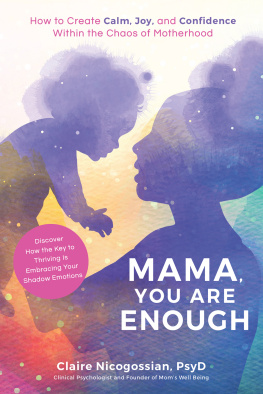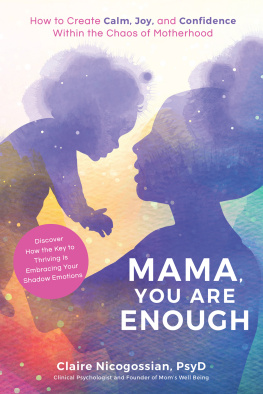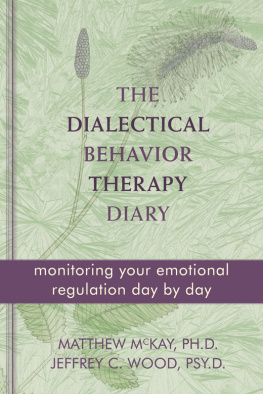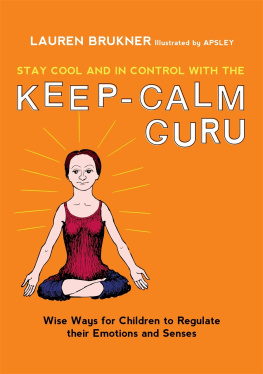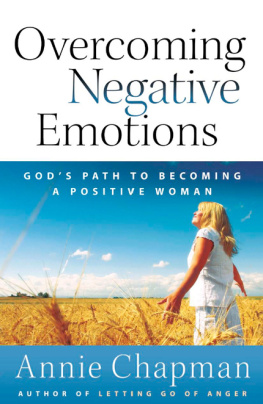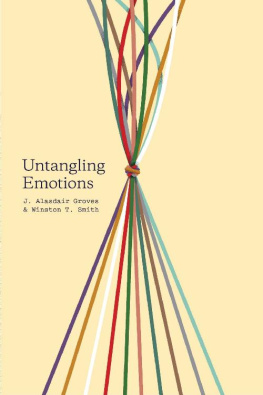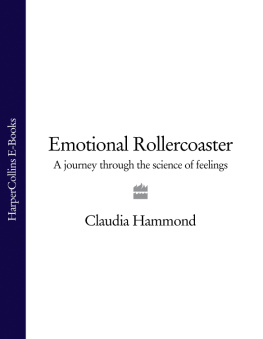Contents
Guide
MAMA,
YOU ARE
ENOUGH
How to Create
CALM, JOY, and CONFIDENCE
Within the Chaos of Motherhood
Claire Nicogossian, PsyD
Clinical Psychologist and Founder of Moms Well Being

The author and publisher have provided this e-book to you for your personal use only. You may not make this e-book publicly available in any way. Copyright infringement is against the law. If you believe the copy of this e-book you are reading infringes on the authors copyright, please notify the publisher at: http://us.macmillanusa.com/piracy.
For all the mothers in my life:
Barbara Nicogossian, Ann Gallagher, Claudia Nicogossian,
and Parandzem Hacopian, and the generations of mothers
that came before me, and my loving and supportive father,
Arnauld Nicogossian. Your sacrifice, love, and devotion to
family has impacted generations and carved a path of
many opportunitiesthank you.
I love my children, but I hate being around them. I cant wait for them to be in school all day.
I wanted nothing more than to be a mom, but the thing is, I never expected it to be like this. Ive lost myself, and I dont even know who I am anymore.
I yell at my children all the time, and I feel so guilty for losing control.
These are some of the countless statements Ive heard in the therapy room from overwhelmed and stressed mothers. Becoming a mother is a life-changing event, and as a licensed clinical psychologist with more than two decades of clinical experience supporting mothers, Ive seen that, on the journey of mothering, many women are neither prepared for nor expect the stress and strain that come with raising a child.
Years ago, I noticed a trend in the therapy hour: mothers needing support, compassion, and skills to cope with the stress of motherhood. They were experiencing many challenging emotions but were apprehensive to share these feelings with friends or family for fear of judgment. It was in response to these hundreds of women in different stages of mothering that I wrote this book.
The goal of this book is to help mothers identify, label, and manage the challenging emotions of motherhood, which I call shadow emotionsfeelings ranging from sadness and tearfulness to guilt, anxiety, loneliness, burnout, frustration, resentment, disgust, and shame. The reason I call them shadow emotions is because when we label emotionsor even experiences, interactions, or peopleas good or bad, positive or negative, right or wrong, we create very rigid and distinct ways of thinking. Labeling this way creates judgment, and when we judge something or someone, we break the connection between ourselves and that emotion or person and create a decision, a fixed belief. By letting go of the common good versus bad labels and instead viewing our challenging emotions as more neutral shadows, we create an opportunity to be curious, to look beyond surface details, to be openhearted, and to connect on a deeper level with ourselves, our emotions, our experiences, and other people.
In my private practice, mothers who were stressed, depressed, or anxious would sit on the couch and share with me the shadow emotions they were experiencing. In the confines of a safe, nonjudgmental space, they felt enormous relief hearing that its normal to experience shadow emotions in mothering. Its okay to feel shadow emotions in motherhood for several reasons: (1) Feeling shadow emotions doesnt mean you have to act on the emotion; (2) feeling shadow emotions doesnt mean that you dont love your children enough; and (3) feeling shadow emotions in motherhood does not equate to being a bad mother.
Without this assurance, though, many mothers continue to leave their shadow emotions unmanaged. They put a lot of effort into protecting and shielding these feelings, lest they ever be revealed. As mothers, weve crafted a narrative at home, at work, and within our childrens schools and neighborhoods: Everything is fine. Everything is perfect. Were happy, satisfied, and loving every minute of every day of mothering. But there is a hidden cost to not being honest. Mothers are often left feeling isolated, judged, worried, and concerned that they are failing at parenting.
Almost two decades ago, when I became a mother to twin girls, I experienced firsthand what I had been hearing from clients for years in the therapy room: Parenting is a never-ending giving of oneself. Today, I am a mother to four children, and I too have experienced many of the shadow emotions described in this book. Inspired by mothers in the therapy room, in addition to what I was hearing from friends and moms in my community (and often experiencing myself), I began to explore the trends I observed. I found research supporting what I was seeing and experiencing: In todays fast-paced world, mothers are overwhelmed and stressed juggling the demands of work, home, relationships, and family.
In moments of stress, moms experience a range of shadow emotionsbut seldom talk about their feelings. And when they do talk about the hard stuff in mothering, they almost always preface their confession of the shadow emotions by trying to reassure and persuade their listener that they really do love and care for their children. Part of this disclaimer comes from fear of judgment and wondering what others may think when they share something like, I love my children more than anything, but some days I wonder how I can keep on giving myself. Im losing myself, and I hate how I feel being around my kids. I just need a break.
These are what I call the shadow moments of motherhood, moments that cast a shadow on experiencing happiness, as well as connecting and nurturing our child, ourselves, and other significant relationships. The truth is that shadow moments are part of motherhood. When we normalize these feelings by talking openly and honestly, without judging what mothers are feeling, we accomplish multiple things: We create a response of compassion without judgment; we help moms move from a place of being ashamed for what they feel to accepting their feelings; and we help moms open up to finding solutions and skills to manage shadow emotions, which I believe is the path to thriving in motherhood.
I like to use impressionist art as a metaphor for motherhood. Using small dabs of bold paint in ways that can often appear to be messy layers, the artist creates a visual effect of light and form depicting a subject from their personal point of view, or their impression. Standing in front of an impressionist painting, if you were to focus on one area of the painting close up, all youd be able to see is dabs of colors, messy and layered. To fully appreciate what the painting is about, you have to step back and get some perspective.
Its the same in motherhood: Experiences and moments are the paint, and motherhood is the canvas. Shadow moments are dabs of darker colors, messy and chaotic at times. Focusing too closely on the shadow moments, we can get lost in them, believing that were not good enough or that were failing when, in fact, were having a shadow momenta dab of messy paintall of which contributes to your canvas in motherhood.
You dont have to know what the canvas is going to look like. These shadow moments are not all of you, they are part of you: variations of light and dark in bold, vibrant, illuminating patterns that together create a beautiful, unique work of art on your path and journey through motherhood. Throughout this book, we will explore the authentic, vulnerable, and very real shadow sides of motherhood, embracing them and learning from them, which creates a mosaic of healing as we move beyond them.

